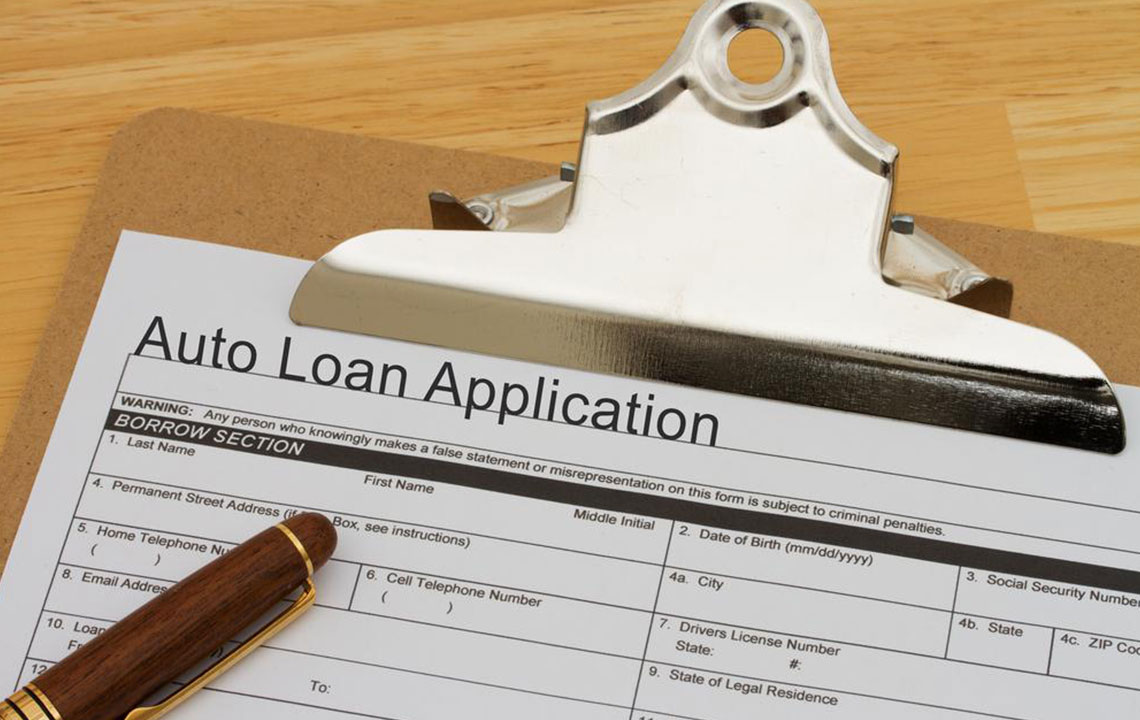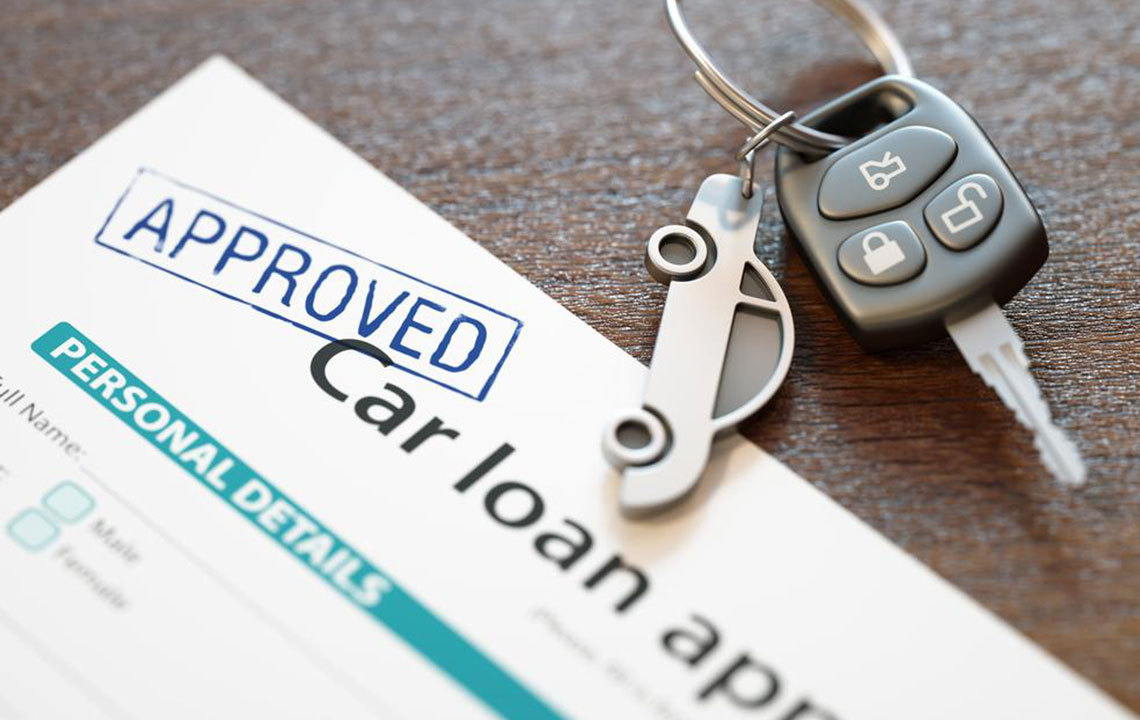Your Comprehensive Guide to Successfully Refinancing Your Car Loan
This comprehensive guide provides in-depth steps and tips for refinancing your car loan effectively. It covers essential considerations such as improving credit, comparing lenders, adjusting loan terms, and understanding associated risks. Whether you're seeking lower interest rates or better monthly payments, this article helps you navigate the refinancing process confidently and secure optimal loan terms for your financial well-being.

Your Complete Guide to Refinancing Your Car Loan Effectively
Refinancing your car loan is a strategic financial move that involves replacing your current auto loan with a new one, often at more favorable terms. This process has gained widespread popularity among borrowers seeking to manage their finances better by reducing monthly payments, lowering interest rates, or both. With changing market conditions and improvements in personal credit scores, many car owners are exploring refinancing options to optimize their auto loan payments and overall financial health.
Refinancing is particularly advantageous when interest rates drop after you've secured your original loan or when your credit score improves, enabling you to qualify for better loan terms. Before diving into the refinance process, it is crucial to assess your financial situation, understand key factors that influence refinancing success, and choose the right lenders and loan terms that align with your financial goals.
Refinancing your car loan isn't just about getting a lower interest rate; it’s also about optimizing your repayment plan to suit your current financial circumstances. Success in refinancing depends on several critical steps, including improving your credit, understanding your current loan's details, and meticulously comparing offers from various lenders.
This comprehensive guide will walk you through every stage of refinancing your auto loan—from preparing your financial documents to choosing the most suitable refinancing option—ensuring you secure the best possible deal and avoid potential pitfalls.
Address any credit issues proactively before applying for refinancing to qualify for more favorable interest rates. This could involve paying down existing debts or correcting errors on your credit report.
Ensure that the remaining balance of your current loan is less than the vehicle’s current market value—this is essential for a successful refinance and prevents underwater loans.
Transfer the vehicle’s title from your current lender to the new lender if required. Proper title transfer is crucial for legal ownership and to complete the refinancing process smoothly.
Steps to Effectively Refinance Your Auto Loan:
Understand the factors influencing your interest rate, including your credit score, the amount you wish to borrow, your income stability, and the length of the new loan term. Each of these elements plays a significant role in determining your refinancing options.
Timing is crucial—consider refinancing when your credit score has improved significantly or when market interest rates decline, allowing you to benefit from lower borrowing costs.
Leverage online comparison tools to evaluate current interest rates and loan terms offered by different lenders, helping you find the most competitive deal.
After being approved, your new lender will issue a check or direct deposit to pay off your existing loan. Confirm this process and start making payments to the new lender once the refinance is finalized.
Choose a reputable lender with positive customer reviews and transparent terms. Carefully review all the loan documents and terms before signing, ensuring there are no hidden fees or unfavorable conditions.
If you’re considering alternatives, a home equity line of credit (HELOC) might offer longer repayment periods and lower monthly payments. However, this involves using your home as collateral, which carries risks.
Adjust the loan term according to your financial goals—extending the period can lower monthly payments but may increase total interest paid, while shortening it can save you money over time but require higher monthly dues.
Be cautious with collateral-based refinancing options—using your home to refinance your car can lead to losing your home if payments are not maintained diligently.
Refinancing your auto loan can be a powerful tool to achieve better financial stability, but it requires careful planning, research, and understanding of your personal financial situation. By following this detailed guide, you can navigate the refinancing process smoothly, avoid common mistakes, and ultimately save money or improve your cash flow. Remember, the key to successful auto loan refinancing lies in patience, thorough research, and making informed decisions tailored to your unique financial circumstances.





